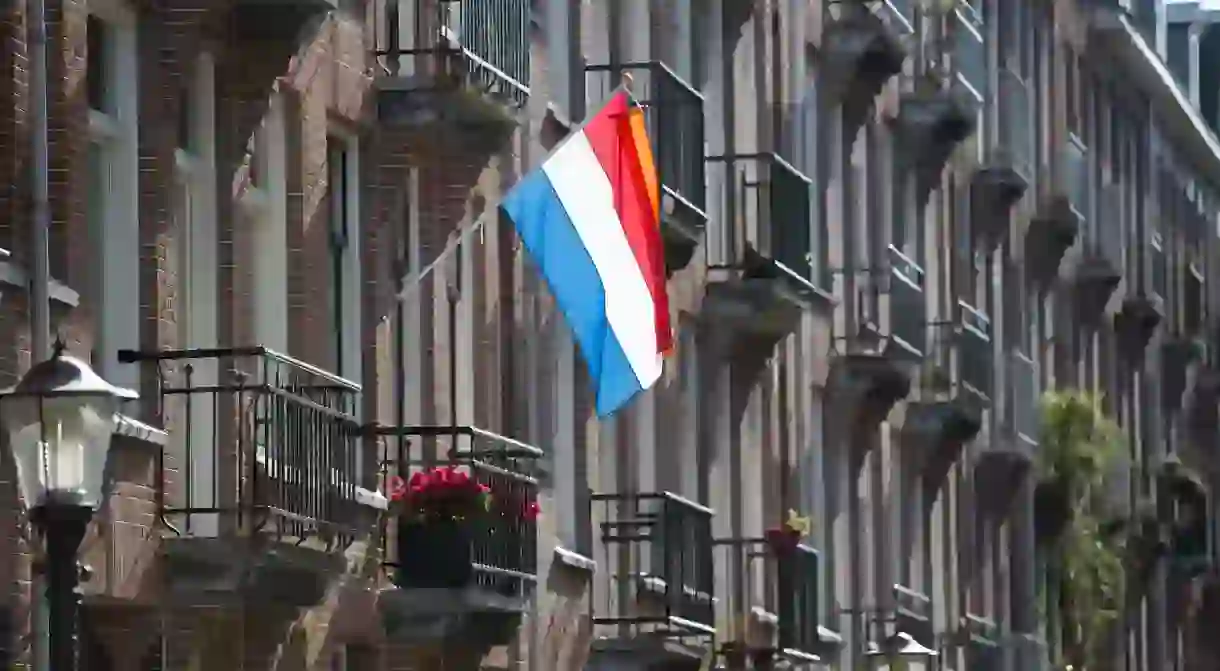How to Celebrate Liberation Day in the Netherlands

On May 5th, 1945, the German military surrendered to Allied forces in the Netherlands and ended its occupation of the country. People honour this important date every year in the Netherlands by holding parties, gatherings and festivals that celebrate freedom.
Although people have observed this date since the end of World War II, it became an official public holiday called Bevrijdingsdag (Liberation Day) in 1990. This annual celebration happens immediately after another important public holiday on May 4th, called Dodenherdenking, which serves as the national day of remembrance in the Netherlands. This means that most workplaces are closed between May 4th and 5th and many spots around the country host events related to freedom, liberation and remembrance on the latter date. Continue reading to discover what happens on Liberation Day in the Netherlands.
Amsterdam
Many different events take place in Amsterdam over Liberation Day, ranging from outdoor social gatherings to live discussions inside the city’s museums. For instance, many houses, cafes and historical locations around the city host special talks where older Jewish people and members of the Dutch resistance discuss their experiences of World War II, in order to pass on their stories to the younger generations. Amsterdammers also gather together at spots in neighbourhoods around the city to share meals and celebrate as a community. At the end of the day, musicians perform at an open-air concert on the river Amstel, that’s held on a floating stage.

Rotterdam
During Liberation Day, Rotterdam’s central urban park, het Park, hosts a free outdoor celebration called Liberation Festival Zuid Holland. Many stages and podiums appear in the park for this festival and host events ranging from live hip-hop concerts to silent discos. These concerts, shows and performance begin at around 12:30 pm and usually end before 11 pm. Other museums, galleries and venues also organise special events during Liberation Day, such as live discussions or free classical music concerts.

The Hague
In anticipation of Liberation Day, the Hague hosts events related to freedom and peace from mid-April until early May under the title ‘Freedom Weeks’. These events include live debates concerning international law, exhibitions related to contemporary issues like the refugee crisis and guided tours of historical buildings. The city’s Freedom Weeks program concludes on May 5th, with a large outdoor festival in Malieveld park, which features live talks, concerts and performances.

Wageningen
Wageningen hosts the oldest and arguably largest Liberation Day festival in the Netherlands every year, which is known as Bevrijdingspop. This large-scale event was founded in 1980 and was the first festival of its kind in the Netherlands. Like other similar celebrations around the country, Bevrijdingspop involves concerts and live performances, which are held in honour of the Netherland’s liberation. The festival was originally established as an alternative event for young people and currently attracts around 130,000 visitors per year.














